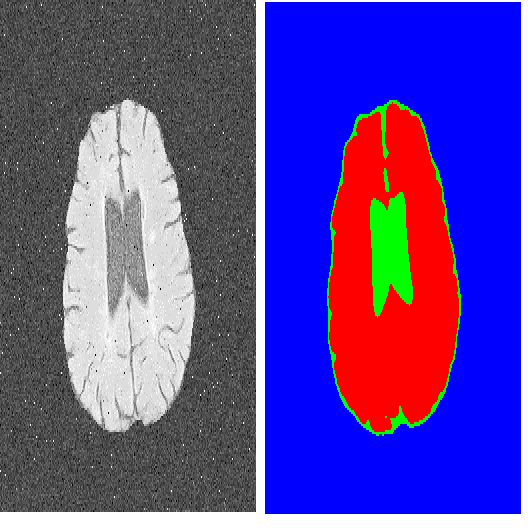The evaluation of segmentation performance is a common task in biomedical image analysis, with its importance emphasized in the recently released metrics selection guidelines and computing frameworks. To quantitatively evaluate the alignment of two segmentations, researchers commonly resort to counting metrics, such as the Dice similarity coefficient, or distance-based metrics, such as the Hausdorff distance, which are usually computed by publicly available open-source tools with an inherent assumption that these tools provide consistent results. In this study we questioned this assumption, and performed a systematic implementation analysis along with quantitative experiments on real-world clinical data to compare 11 open-source tools for distance-based metrics computation against our highly accurate mesh-based reference implementation. The results revealed that statistically significant differences among all open-source tools are both surprising and concerning, since they question the validity of existing studies. Besides identifying the main sources of variation, we also provide recommendations for distance-based metrics computation.
翻译:暂无翻译



